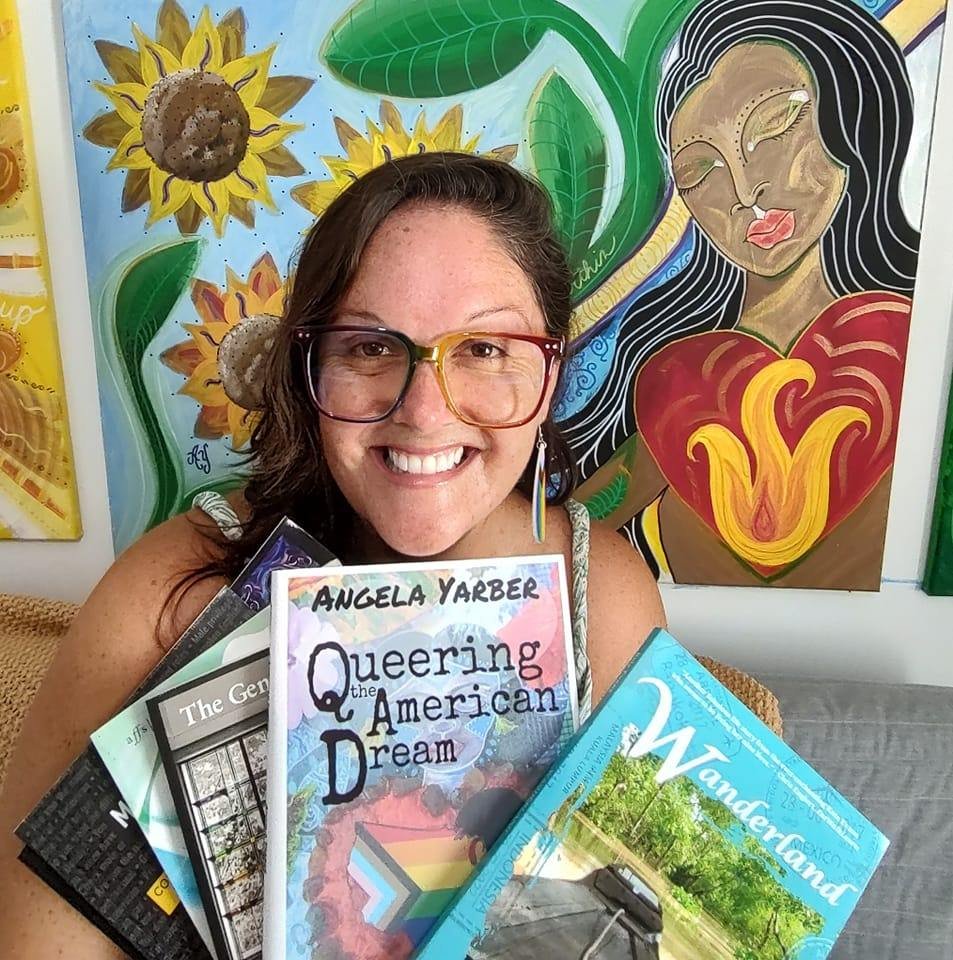Celebrate Black History Month with Pauli Murray
Happy Black History Month! Each week during February, I’m going to feature a different revolutionary black woman from history. This week is the intrepid Pauli Murray.
Pauli Murray was a queer black woman who was raised in Durham, NC by her aunt after her parents died. She was a civil rights attorney, coining the phrase “Jane Crow” to acknowledge the role of sexism in addition to racism in Jim Crow laws. In her sixties, she became the first African American woman to be ordained as an Episcopal priest. All the while she loved women, even claiming that if she could transition from Pauli to Paul, she would, thus providing hope and holiness, not only for women, lesbians, and African Americans, but also for transgender persons.
Murray was ahead of her time in so many subversive and prophetic ways. She graduated from Hunter College, intent on attending law school so that she could work for justice for black women. In 1938, she was rejected from UNC Chapel Hill’s law school because of her race and Harvard because of her gender. She even received a prestigious scholarship from Harvard when the admissions committee assumed that “Pauli” was a man’s name; upon discovering that Pauli was a woman, they revoked the scholarship and admission into the law school. Undeterred, she continued to hope, and enrolled in law school at UC Berkeley. Upon finishing, she published a book, States’ Laws on Race and Color, which was described by Thurgood Marshall as the bible for civil rights attorneys. She lost a teaching post at Cornell University because of the people who wrote her reference letters, the legendary Eleanor Roosevelt, Thurgood Marshall, and Philip Randolph, who were all dubbed too radical by the university.
Yet Murray continued working for equality, jailed for organizing desegregation on public transportation years before Rosa Parks, in addition to planning sit-ins twenty years before the famous Woolworth’s protests in Greensboro. In 1965, she was the first black woman to earn a law doctorate at Yale. As a celebration, she co-founded the National Organization for Women (NOW).
After challenging the status quo in law, Murray followed her call to pursue the priesthood in her 60s. She began her studies at New York’s General Theological Seminary before the Episcopal Church permitted women to become priests. In 1977, she was ordained and presided at her first Eucharist at the Chapel of the Holy Cross in Chapel Hill, NC. It was the same church where her grandmother—then enslaved—was baptized.
Throughout her career in civil rights and in the priesthood, Murray had loving, committed, and intimate relationships with women and struggled to articulate her gender identity. Throughout the 1920s and 30s she took hormone treatments as she described herself as a “man trapped in a woman’s body.” Today Murray may have described herself as transgender or gender queer, though such language was not readily available to her during her lifetime. She lived and loved boldly, finding the magnanimous balance between humility and pride, and working tirelessly so that all may be treated equally. When the world seemed hopeless, Murray hoped. When doors seemed to close—because of her race, gender, sexuality, or gender identity—Murray found the audacity to keep knocking.
How does Pauli Murray’s life inspire you? How is your life different today because of what she accomplished in her lifetime? This week, I urge you to dare to hope, like Murray.

